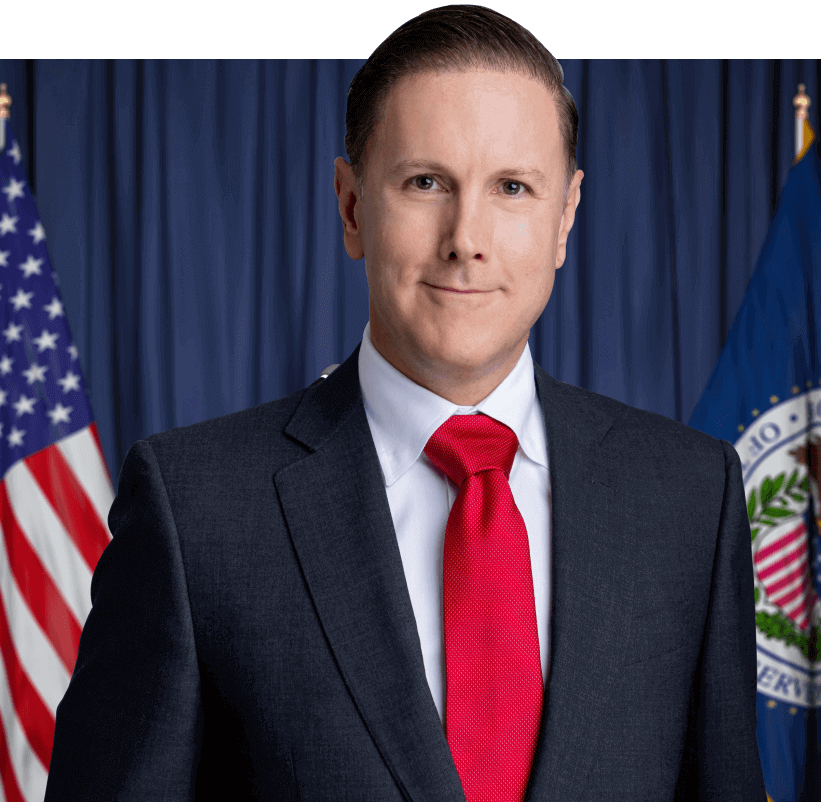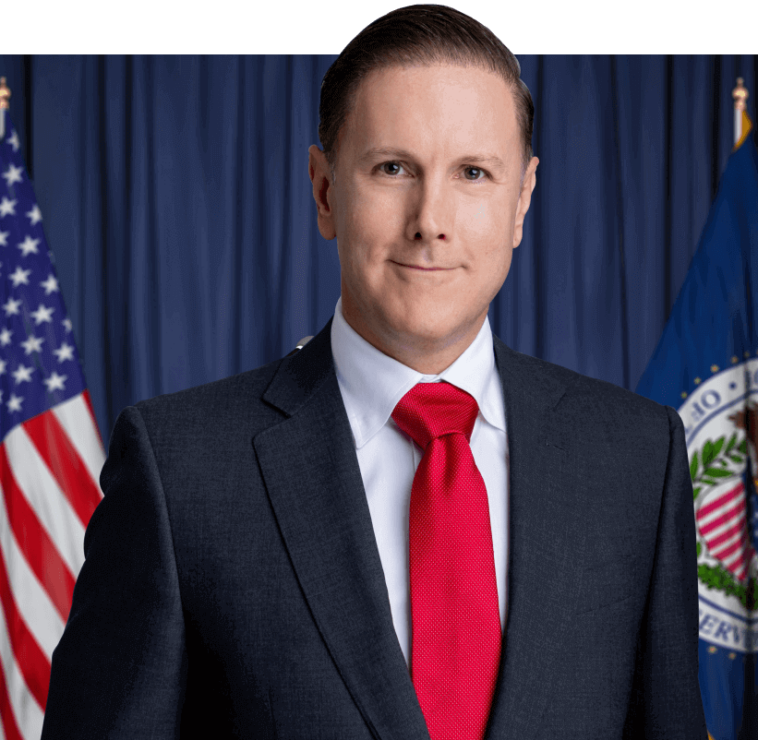
The Crossroads of Justice and Morality: A Deep Dive into Arizona’s Resumption of Executions
Arizona Resumes Executions: Justice, Retribution or Deterrent?
After a two-year hiatus, the state of Arizona is strategically pivoting to resume its executions, reigniting the age-old debate surrounding the merit and morality of the death penalty. In a recent development, Arizona Attorney General Kris Mayes stated their intent to secure an execution warrant for convicted murderer Aaron Brian Gunches. This decision, while prompting relief for some, raises pertinent questions about the legality and ethicality of capital punishment practices.
Criminal Defense Attorney Insights: Importance of Legal and Constitutional Protocols
Josh Kolsrud, an experienced criminal defense lawyer, has been vocal about the implications of this decision. He cautions that the move to resume capital punishment follows numerous reports of mishandled executions in multiple states. This has culminated in a demanding outcry for procedural revamping by human rights champions. Kolsrud underscores the significance of establishing execution procedures that align with both the legal and constitutional guidelines, a priority thrown into sharper relief by the growing concerns over the humane treatment of those condemned to death.
Executions: The Emotional Toll on the Families of Victims
As the state steels itself to reinstate the death penalty, Kolsrud elucidates that an execution isn’t just a legal proceeding; it delves into the emotional realm too. For the families of the victims, closure is often bound with the concept of justice; they yearn to see accountability for their horrific experiences. The lingering effects of violent crime echo in the minds of the victims’ families, fueling their quest for revenge as a means of healing.
Ethical and Societal Dilemmas Raised by Capital Punishment
However, Kolsrud reminds us that this desire for closure can cast a contradictory light upon society. And thus, the ethical quandary of state-sanctioned killing surfaces, notably concerning its effectiveness as a crime deterrent. Detractors raise the point that capital punishment may not serve its purported purpose effectively, failing to deter violent crimes while stepping over moral boundaries. According to Kolsrud, violence often continues to circle around, victimizing families on both sides of the aisle.
The Potentially Far-Reaching Implications of Arizona’s Decision
The execution warrant sought by Mayes could well signify the harbinger of a slew of warrants for the 25 others on Arizona’s death row, who’ve exhausted their appeals. Kolsrud believes that if other states mirror Arizona’s move, it could lead to the revival of executions nationwide. If Arizona implements its newfound protocols successfully, it may establish a template for death penalty management under heightened scrutiny, setting a robust precedent in the process.
Death Penalty: The Ongoing Evolution of the Legal Landscape
The legal setting encircling capital punishment continues to evolve, with an increasing number of states rethinking their stances. In recent years, movements pushing for the abolishment of the death penalty have gained considerable traction, mirroring a broader societal transition towards rehabilitation over retribution. AsArizona’s actions hold immense potential to shape the national discourse about capital punishment ethics and efficacy.
Questions regarding Justice and Morality in Society
The decision to resume executions triggers a vital societal examination of the balance between justice and morality. The propriety of the state having the power to order deaths is thrown into question, even of the most heinous wrongdoers. It rouses debates about reconciling justice for victims with the risk of wrongful convictions and inevitable human error in the execution process.
Looking into the Future: The Assurance of Compliant Protocols
As the debate endures, we must pay vigilant attention to Arizona’s execution procedure implementation. Despite the promise of legal standard compliance, history warns us against the unforeseen complications that may occur. An ongoing dialogue among legal experts, ethicists, and the general public remains the bedrock of navigating this complex and emotionally charged issue.
Conclusion: The Direction of the Death Penalty Debate
In closing, as Arizona prepares to resume executions while grappling with its harrowed history of capital punishment, the nexus of justice, morality, and policy emerges. The future of Arizona’s death penalty could shape the nationwide death penalty debate for years to come, thanks to lawyers like Josh Kolsrud who champion meticulously executed protocols and continued improvements.
Originally Post From https://kolsrudlawoffices.com/josh-speaks-with-abc15-news-about-resumption-of-executions/

